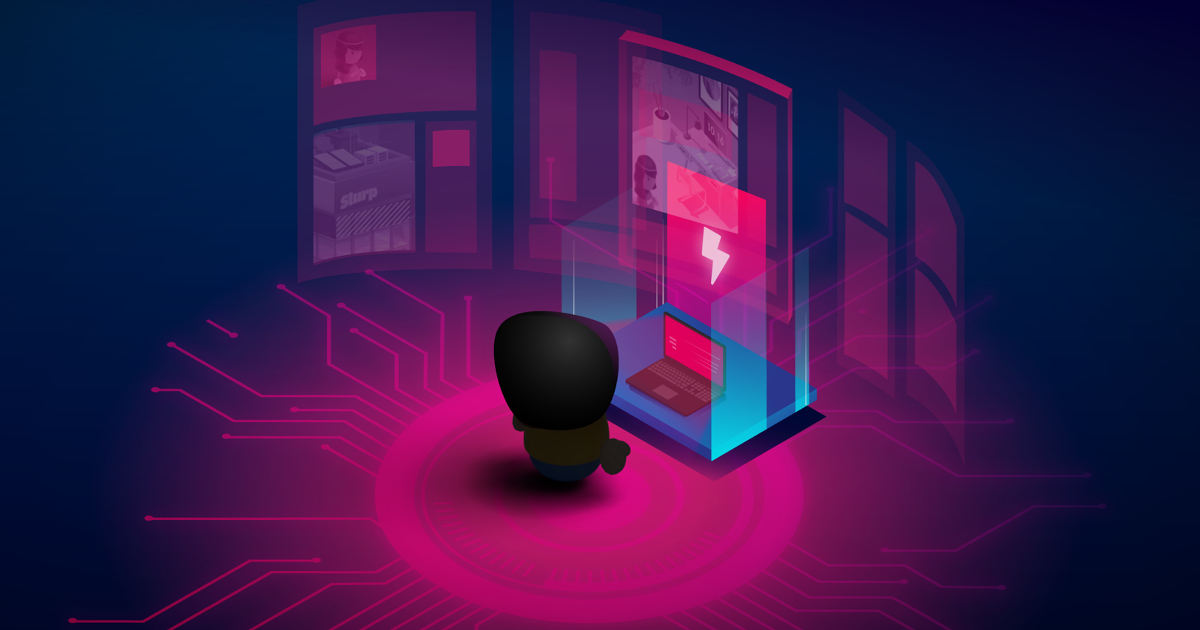
The 2025 LMS Upgrade Guide
Get your copy!
As a proven industry leader trusted by global enterprise, we’re passionate about learning – and so are our customers.



"The young people all know how to use the internet!" That's how many people think about Generation Z. Also known as digital natives, this generation grows up with the internet and is already confronted with the digital flow of information at an early age. Smartphone, tablet and computer are part of everyday life and lead quickly to WhatsApp, Instagram & Co. Mobile devices and the internet are also becoming increasingly relevant in digital or hybrid teaching. But does an active use of digital media and the internet also mean a versed usage? Because even if the younger generation don't know a world without new technologies, not all of them pay attention to a responsible use of them.
Pupils should therefore have various competences in order to be able to work confidently with digital media in class and to move safely on the web.
A survey on the use and handling of the internet showed the following:
12- to 19-year-olds:
14-24 year olds:
The digital world presents opportunities and risks that students must learn to deal with responsibly. Teachers should therefore pay attention to teaching these skills in order to make online lessons as safe as possible.
We have summarised the most important competences that students should be aware of in an infographic, which you can also download for free at the very bottom.

Infographik of the Month: Digital competences on the web – What competences are necessary for pupils to be able to move in a self-determined way in the digital world?
The info graphic you can download for free as PDF.

In this episode we take a look at how digitalization effects both Child and Adult education.

Stay one step ahead of cyber threats: learn the most common cyber attack techniques in our new awareness training.